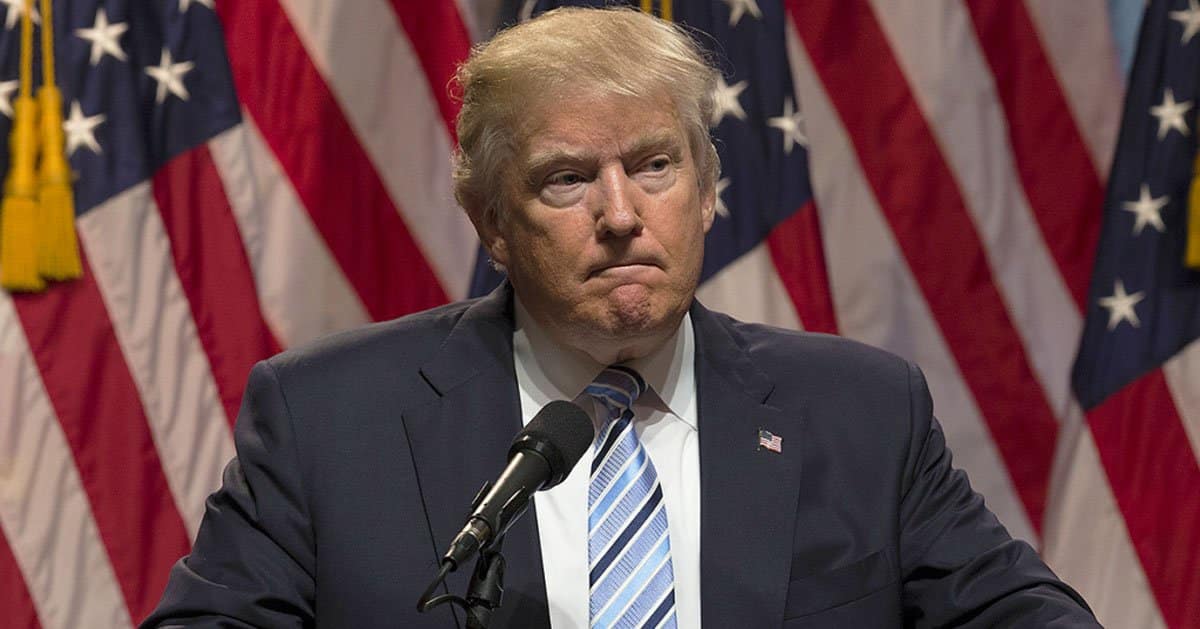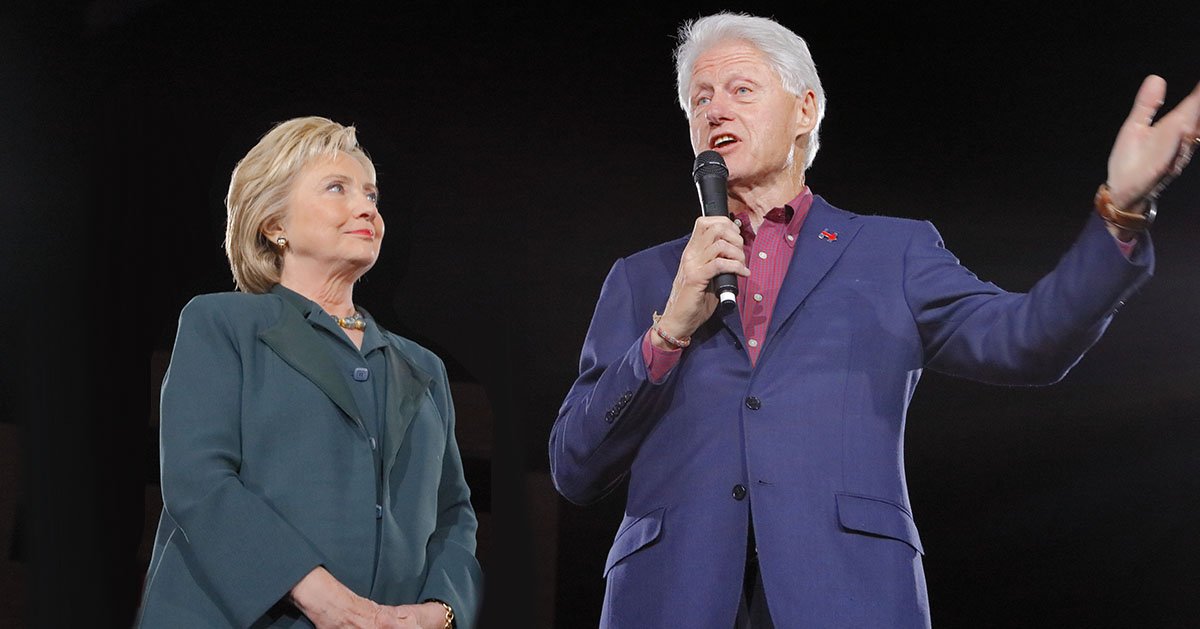








U.S. District Judge Aileen Cannon has granted a request from former President Donald Trump to pause certain deadlines in the Mar-a-Lago classified documents case, citing a need for further briefing on the issue of presidential immunity.
This decision follows a Supreme Court ruling granting Trump immunity from prosecution for certain actions during his presidency in the federal election interference case.
NBC News reported that Judge Cannon agreed to Trump's request for additional briefings concerning presidential immunity in the classified documents case. The ruling has significant implications, leading Trump’s legal team to ask for a pause in the court proceedings to allow consideration of the Supreme Court's decision.
The request for a delay and further briefing was based on the potential impact of the Supreme Court’s ruling on the Mar-a-Lago classified documents case.
Trump’s team had already filed a motion in February intending to dismiss the indictment on immunity grounds.
In compliance with Trump's request, Judge Cannon has paused two imminent deadlines regarding Trump and his co-defendants. Instead of the original schedule, special counsel Jack Smith is now tasked with submitting his brief by July 18. Trump’s legal team is required to reply by July 21.
This order also allowed Smith the opportunity to file submissions on the use of classified information at trial. However, it did not mandate him to do so.
While this decision effectively pauses parts of the proceedings, no new trial date has been set for the case concerning the classified documents.
Neither Trump's lawyers nor representatives from the Department of Justice responded to inquiries for comments on Saturday afternoon concerning the recent order. Despite the silence, the implications of this delay and further briefing are significant for both parties.
Given the gravity of the matter, this delay could provide Trump's legal defense more time to potentially bolster their case using the Supreme Court’s ruling as a framework. It's a pivotal moment because Trump has consistently maintained his plea of not guilty to all charges associated with the classified documents case.
The legal landscape remains dynamic and uncertain, especially with the intertwined issues of presidential immunity and classified information. Trump’s team is likely strategizing how best to leverage the Supreme Court’s favorable ruling to their advantage in securing immunity for Trump in this separate case.
Judge Cannon’s recent ruling is a critical development in the legal battles surrounding Donald Trump. The classified documents case stems from materials retrieved from Mar-a-Lago, which authorities allege contain sensitive information that Trump mishandled.
The recent Supreme Court decision that provided Trump with immunity for specific presidential actions in another case has now introduced a complex layer to the classified documents proceedings. Trump’s legal team aims to extend this ruling’s implications to protect Trump from prosecution in this matter as well.
By agreeing to a review, Judge Cannon has ensured that all pertinent arguments related to the Supreme Court’s decision will be analyzed before proceeding further in this high-profile case.
At present, there is no determined trial date for the Mar-a-Lago classified documents case. This indefinite postponement is partly due to Trump’s legal team's recent motion and the emerging factors stemming from the Supreme Court’s ruling.
The judge’s decision to delay deadlines emphasizes the importance of thoroughly considering how presidential immunity might impact the proceedings. This focus on legal due diligence is paramount given the complexity and sensitivity of the case.
The ongoing response from both the defense and the prosecution will likely shape the timeline and nature of the eventual trial. Observers continue to watch closely as each development unfolds, aware of the broader implications for presidential conduct and legal accountability.
Special counsel Jack Smith has until July 18 to file his brief, focusing on the use of classified information at trial, while Trump’s reply is due on July 21. The outcomes of these submissions will be pivotal in deciding how the case proceeds.
Given that no immediate trial date is set, both parties have a window to prepare for the renewed legal arguments concerning immunity. This preparation period is crucial for advancing their respective positions.
The legal community and public alike are poised to see how this case evolves, recognizing its significance in the context of legal precedents and presidential powers.
In conclusion, U.S. District Judge Aileen Cannon's decision to grant Donald Trump’s request for further briefing on presidential immunity and to delay certain deadlines in the Mar-a-Lago classified documents case underscores the evolving complexities of this high-profile legal battle.
The implications of the recent Supreme Court ruling on this case will be closely examined in the upcoming months, with both prosecution and defense strategizing their next moves within this new legal context. Neither a new trial date has been set nor comments have been made by involved parties, as the legal landscape continues to shift in this matter.



